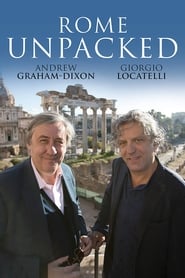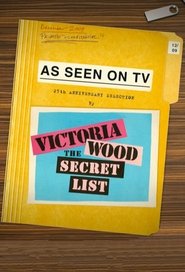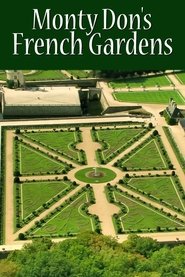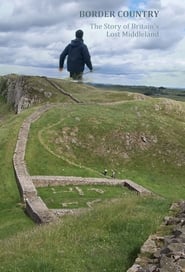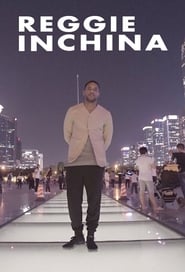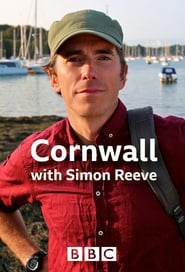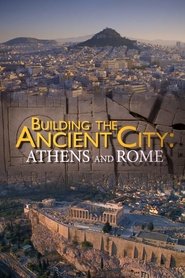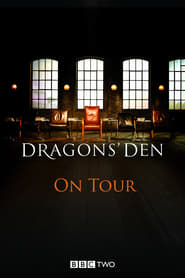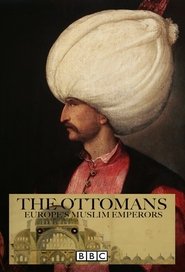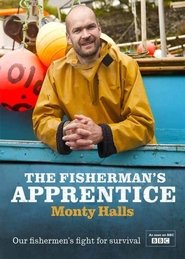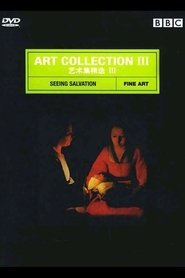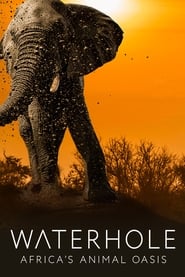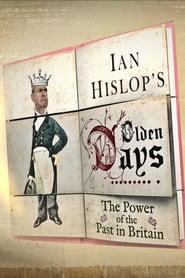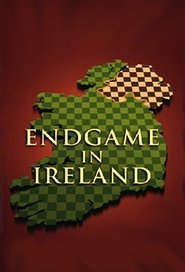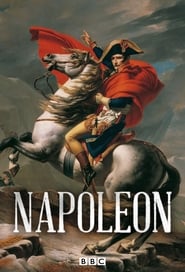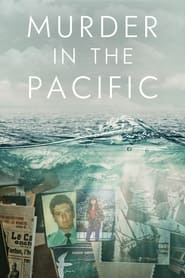Bbc Two TV Series - Page 63
-
Rome Unpacked
2018
Rome Unpacked
2018
Andrew Graham-Dixon and Giorgio Locatelli's latest Italian adventure brings them to Rome in search of the greatest food and art that they can find off the beaten track. -
Empire of Cricket
2009
Empire of Cricket
2009
Series telling the story of cricket from exploring the colonial links of the game to situations of sporting apartheid. There are interviews with famous cricketers such as Ian Botham, Graham Gooch, Nasser Hussain and Viv Richards. -
Victoria Wood: The Secret List
2020
star 7Back in 2009, Victoria wrote a list of her favourite moments from her seminal 80s series, intending to use it as a compilation show of self-selected best bits. The list remained locked away in her personal office until now. It features familiar favourites and often overlooked gems, but as these two programmes explore, the chosen sketches serve as a prediction of what was to come in an unparalleled career that crossed just about every genre of stage and screen. -
Border Country: The Story of Britain's Lost Middleland
2014
Two-part series which explores the extraordinary landscape, oral history and archaeology of the border country which surrounds Hadrian's Wall. -
Reggie In China
2019
Reggie In China
2019
Reggie discovers contemporary China, diving deep into four megacities in search of the new generations transforming their future. -
Cornwall with Simon Reeve
2020
Simon Reeve travels through glorious Cornwall as the county emerges from lockdown and investigates what the future holds for one of Britain’s favourite tourist destinations. -
Building the Ancient City: Athens and Rome
2015
star 4.5The first city of a million was built two thousand years ago. But how did they make Ancient Athens and Rome work without petrol, gas or electricity? Professor Wallace-Hadrill finds out. -
Dragons' Den: On Tour
2009
The Dragons tour the UK to find out what happened next to their investments -
The Archiveologists
2018
The Archiveologists
2018
Diane Morgan and Joe Wilkinson re-voice archive footage to give us their twisted comedy spin on British social history and institutions in this series of short films. -
The Ottomans: Europe's Muslim Emperors
2013
star 4.2It was the world's last Islamic empire - a super-power of a million square miles. From its capital in Istanbul it matched the glories of Ancient Rome. And after six centuries in power it collapsed less than a hundred years ago. Rageh Omaar, who has reported from across this former empire, sets out to discover why the Ottomans have vanished from our understanding of the history of Europe. Why so few realise the importance of Ottoman history in today's Middle East. And why you have to know the Ottoman story to understand the roots of many of today's trouble spots from Palestine, Iraq and Israel to Libya, Syria, Egypt, Bosnia and Kosovo. -
The Fisherman's Apprentice with Monty Halls
2012
Marine biologist and professional diver Monty Halls travels down to Cadgwith, Cornwall to live and work as a fisherman, to find out what is really involved in getting seafood onto our plates. -
Seeing Salvation
2000
Seeing Salvation
2000
Christianity has produced some of the greatest works of art of all time, in which believers and non-believers alike can explore the great themes of life and death. It is the language in which Leonardo and Michelangelo, Dali and Rembrandt speak to us all about love and suffering, loss and hope. To mark the year 2000, these four programmes, written and presented by Neil MacGregor, Director of the National Gallery, London, consider how artists over two millennia have tackled the extraordinarily difficult task of representing Christ. Without contemporary accounts of Jesus' appearance, artists through the ages have been free to create many images of him - images that sometimes reflect the spiritual world of the artist and other times the desires of the patron or the needs of the spectator. Seeing Salvation is a four part series surveying the historical representations of Jesus Christ in Western European art and sculpture over the centuries since Roman Times. -
Waterhole: Africa's Animal Oasis
2020
star 4.7Exploring the bustling oases where elephants, lions, leopards and hundreds of other species meet and compete for water. -
Ian Hislop's Olden Days
2014
star 6Ian Hislop explores the British obsession with the past. He reveals how and why, throughout our history, we have continually plundered 'the olden days' to make sense of and shape the present. -
Flatpack Empire
2018
Flatpack Empire
2018
A behind-the-scenes look at IKEA, one of the world's most successful, enigmatic and recognisable global brands. -
The Mushroom Picker
1993
star 1The story of an outlandish love affair between an impressionable English woman and a Soviet man obsessed with food. -
Endgame in Ireland
2021
star 6A comprehensive look at the Irish people's struggle for Civil rights and how it transpired into a military campaign for independence, before a political agreement was made for fair devolution. Spanning from the late 60s up until present day. -
Napoleon
2015
star 7Historian Andrew Roberts journeys through the history and geography of Europe to bring the story of Napoleon vividly to life as he retraces the footsteps of the legendary leader himself. -
Murder in the Pacific
2023
1985: Greenpeace ship Rainbow Warrior is bombed. The attack exposed a murky world of nuclear testing and abuse of power - and inspired a generation of environmental activists.
